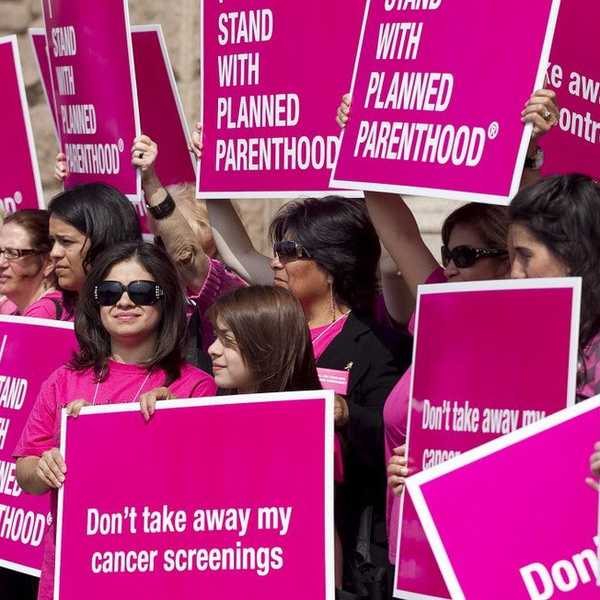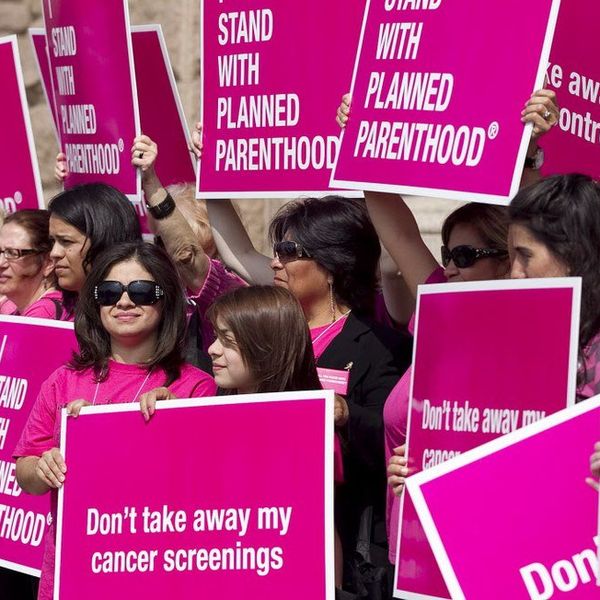House Speaker Paul Ryan announced on Thursday his intention to slash funding for Planned Parenthood as part of the GOP effort to repeal the Affordable Care Act. Speaking a day after the House Select Investigative Panel accused Planned Parenthood of major abuse regarding their practice of providing aborted fetal tissue to researchers, Ryan declared that “[t]he Planned Parenthood legislation would be in [the Republican] repeal bill.”
Around 40 percent of the organization’s funding comes from federal accounts, particularly Medicaid and Title X. The defunding of Planned Parenthood will take away approximately $400 million in Medicaid-supported finances and consequently, will result in the loss of healthcare for roughly 400,000 low-income women.
The GOP markets this move as an aggression on abortion rights, but realistically speaking, it is a direct attack on contraceptives and those most in need. The Republican Party can parade defunding PP under the pro-life pretense, but the Hyde Amendment, a legislative provision barring certain federal funds from contributing to abortion, already protects the GOP prohibition of women’s rights to their own body.
Abortions represent only 3 percent of all of Planned Parenthood’s services and roughly only 10% of their clients receive abortions. The health center’s main focus is on prevention. About 80 percent of patients receive health services to prevent unplanned pregnancy. Planned Parenthood also provides pap tests to treat sexually transmitted diseases, breast exams to detect cancer, sexual health education for young people through outreach programs, and much more.
Planned Parenthood’s patient base has been confirmed as consisting of mostly low-income American women who do not have anywhere else to go for affordable contraceptive services. 79 percent of PP healthcare clients have incomes at or below 150 percent of the federal poverty level. In a survey of Texas patients, more than half of them said they have faced at least one barrier to getting the health services they need because of cuts made to the federally funded family planning organization.
Anti-abortion Republicans in Congress have frequently suggested that taking away financing for Planned Parenthood would not harm low-income patients since the funds can be shifted to other community health centers. Although this could be a sort of replacement, experts have critiqued that it is naive to assume that the 1,200 community health centers in the United States can cohesively operate to undertake the needs of PP’s former clients. As Clare Coleman, head of the National Family Planning and Reproductive Health Association, explains, “In many communities, there are not other health care providers that would be equipped to fill the void created by the prohibition of funding for a qualified, trusted family planning provider.”
Speaker Paul Ryan and the GOP machine are directing their efforts in the wrong place if this is indeed a movement to eliminate the practice of abortion. The proven way to lower abortion rates and unplanned pregnancy is to promote access to methods of birth control and sex education, both of which are provided by Planned Parenthood. The defunding of Parent Parenthood seems counter-intuitive to the Republican platform, as it will not only affect healthcare availability for women of lower economic status but will perhaps increase the necessity for abortion.





















